Cultural Revolution
President Xi Jinping and other sent-down youths who are now big names in China
Sign up now: Get insights on Asia's fast-moving developments
During the Cultural Revolution, more than 16 million young people were sent down to villages to be remoulded by hard labour, part of the "Up to the Mountain, Down to the Village" movement championed by Chairman Mao Zedong.
Now in their 50s or 60s, many have become leaders in various sectors, including the government, business and the arts.
Here's a look at four leading figures and how their sent-down experience affected their views of life.
Now in their 50s or 60s, many have become leaders in various sectors, including the government, business and the arts.
Here's a look at four leading figures and how their sent-down experience affected their views of life.
Xi Jinping - President of China
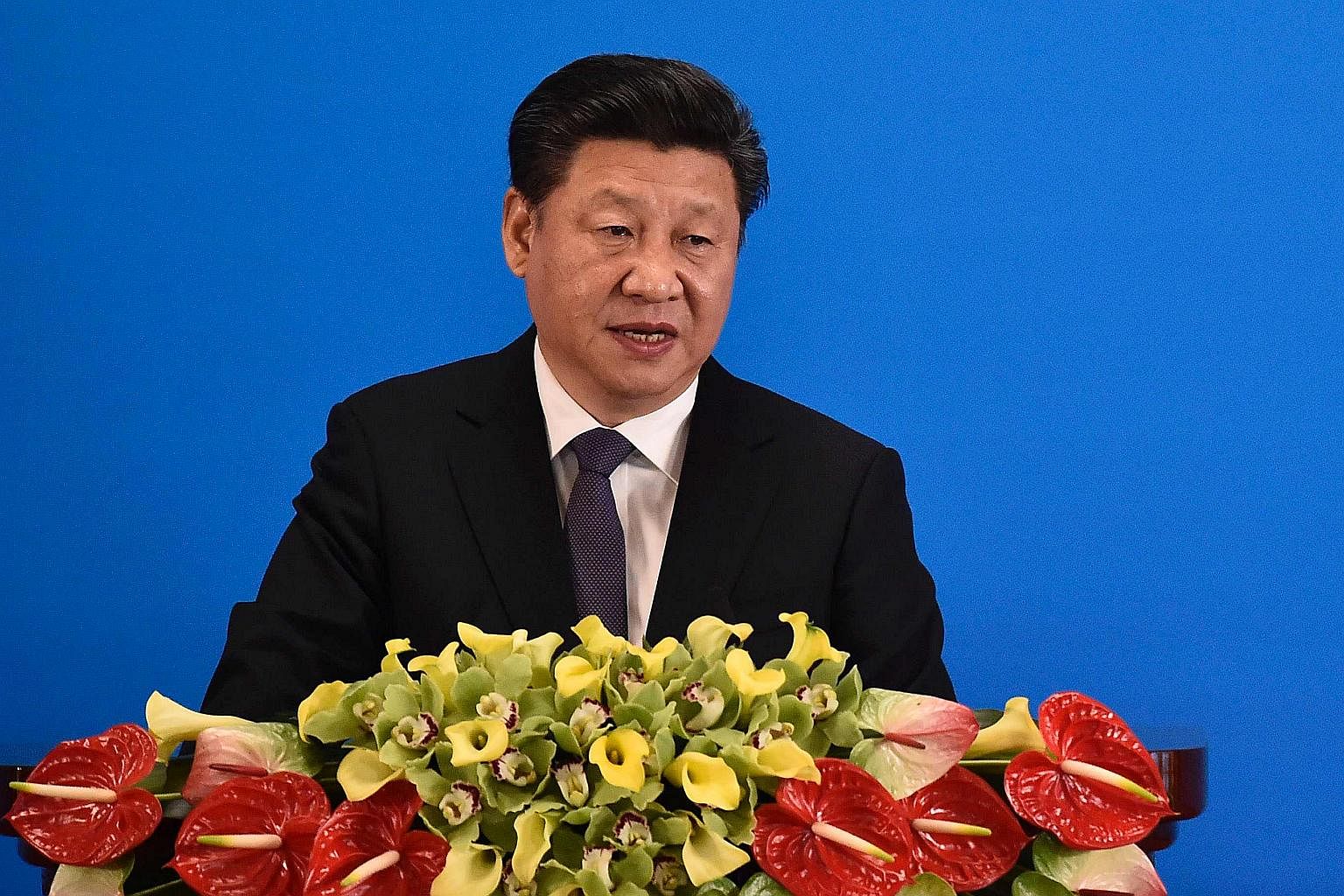
Among the youngest victims of the Cultural Revolution, the Chinese President was publicly humiliated and denounced at 13 before being sent to impoverished western China as a sent-down youth for seven years - an experience that he said had given him a will of iron in his later life.
Mr Xi, now 62, suffered from discrimination from as young as nine after his father Xi Zhongxun, a revolutionary veteran, was purged for betraying the Communist Party in 1962. Four years later when the Cultural Revolution began, the younger Xi was forced to wear a cone-shaped metal hat while being paraded before a rally, his father's associate Yang Ping recalled.
"The hat was so heavy for the 13-year-old Xi. He struggled to hold it up with both hands in a grimace of pain," Mr Yang wrote in an article in 2012.
Thanks to Beijing's call for young people to be "remoulded through labour" in the countryside, Mr Xi escaped further public humiliation by going to Shaanxi province as a sent-down youth in 1969.
But in Yanchuan county, he suffered from hunger and cold, living in a cave plagued by fleas. In daytime he laboured with farmers, ploughing land, pulling coal and picking manure, according to Chinese media.
Mr Xi, now 62, suffered from discrimination from as young as nine after his father Xi Zhongxun, a revolutionary veteran, was purged for betraying the Communist Party in 1962. Four years later when the Cultural Revolution began, the younger Xi was forced to wear a cone-shaped metal hat while being paraded before a rally, his father's associate Yang Ping recalled.
"The hat was so heavy for the 13-year-old Xi. He struggled to hold it up with both hands in a grimace of pain," Mr Yang wrote in an article in 2012.
Thanks to Beijing's call for young people to be "remoulded through labour" in the countryside, Mr Xi escaped further public humiliation by going to Shaanxi province as a sent-down youth in 1969.
But in Yanchuan county, he suffered from hunger and cold, living in a cave plagued by fleas. In daytime he laboured with farmers, ploughing land, pulling coal and picking manure, according to Chinese media.
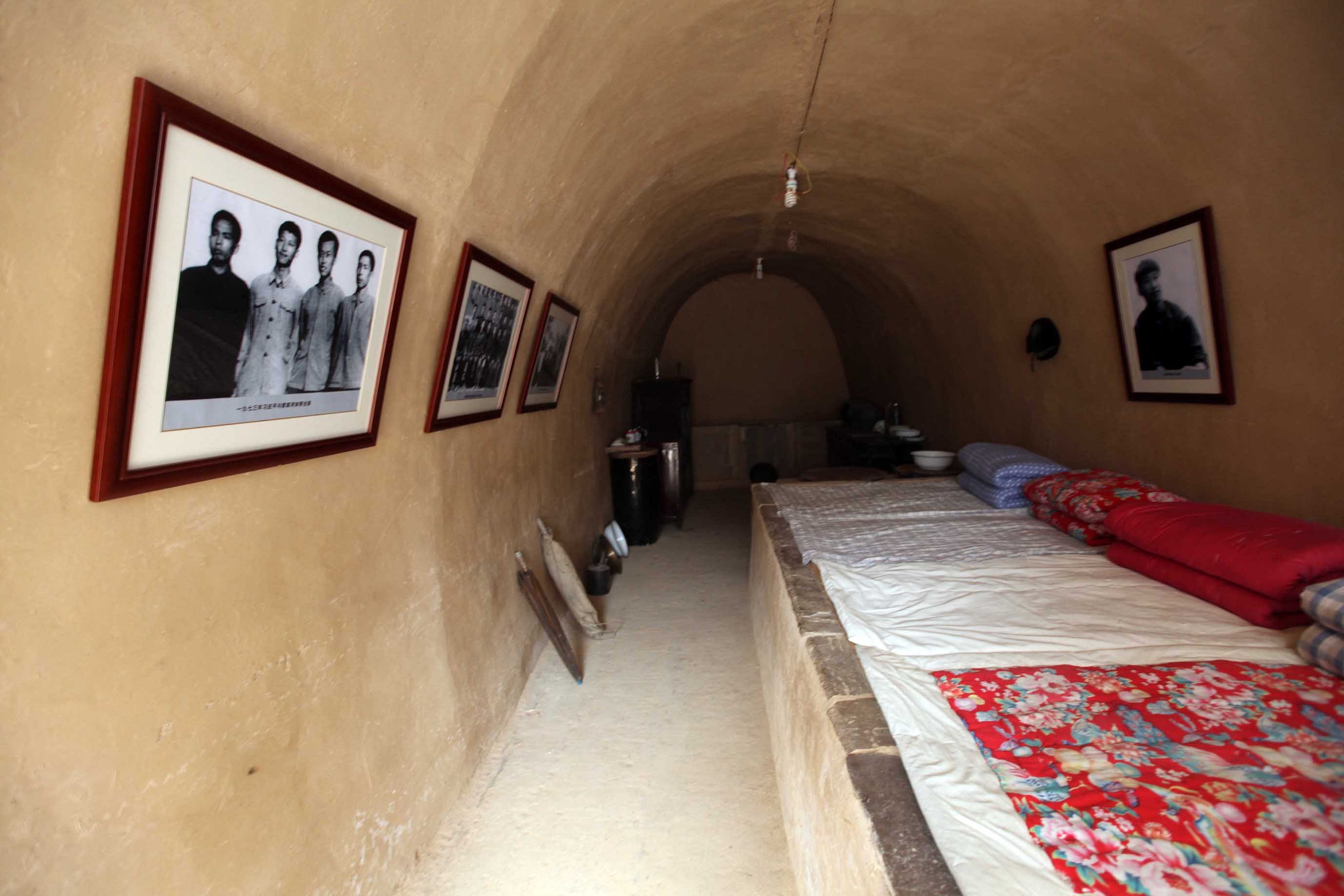
This photo taken in Sept 2014 shows the cave dwelling that President Xi Jinping called home during the Cultural Revolution. Hanging on the cave wall is a black and white picture of a young Xi (second from left) with villagers.
PHOTO: CHINA FOTO PRESS
Mr Xi said he had a hard time adjusting to village life at the beginning, but soon he managed to mix with the local people.
"The seven-year hardship was a great training for me. I remind myself of that period whenever I encounter a problem from then on," he said in an interview with China Profile, a party magazine, in 2000. "Nothing could be harder than that."
"The seven-year hardship was a great training for me. I remind myself of that period whenever I encounter a problem from then on," he said in an interview with China Profile, a party magazine, in 2000. "Nothing could be harder than that."
Li Keqiang - Premier of China
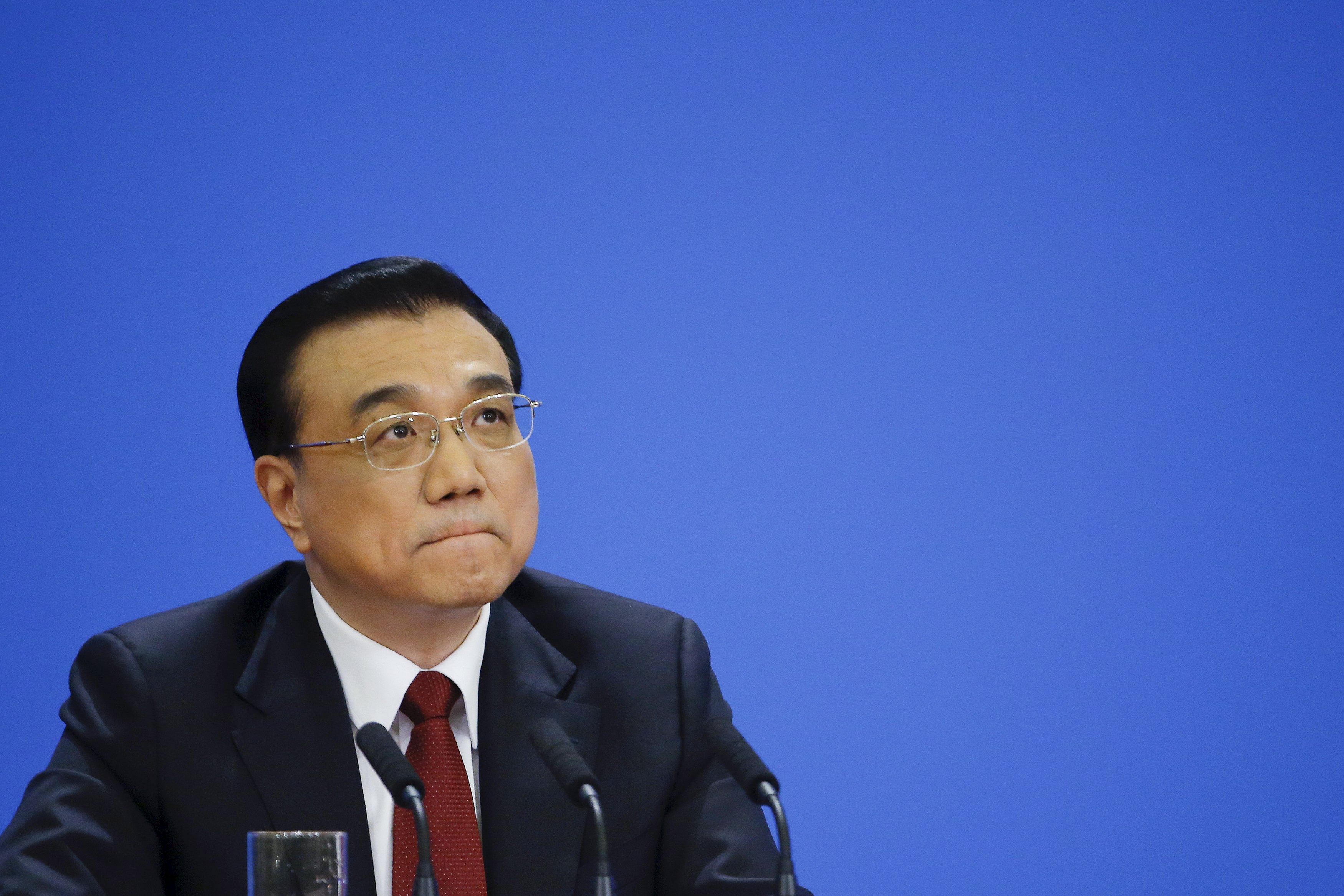
China's Premier Li Keqiang attends a news conference after the closing ceremony of China's National People's Congress (NPC) in Beijing, China, on March 16, 2016.
PHOTO: REUTERS
Premier Li spent four years in his youth living and working in one of China's poorest villages, which he said reinforced his belief in deepening economic reform that will benefit more people.
Mr Li, son of an official in central Anhui province, became a dropout at 11 in 1966 as schools were closed at the onset of the Cultural Revolution. He studied under a retired librarian for five years before he resumed schooling.
In 1974, he graduated from middle school and became a sent-down youth in Anhui's Fengyang county - a place known for its poverty and beggars.
Soon after his arrival, he developed severe skin infections, but he continued to work on the farm carrying a bag printed with the slogan "Serve the People", villagers recalled.
"He was the best in his batch of sent-down youths," villager Wu Tianyu, 60, told the media in 2012. "He ploughed the land under the scorching sun, with blisters on his hands."
The villagers also remembered Mr Li as a bookworm who continued to read at night after doing 10 hours of hard labour daily. His diligence paid off in 1977 when he enrolled in Peking University.
In his first press conference as Premier in 2013, Mr Li said the "hard times" with villagers in Fengyang were unforgettable.
"It's the reform and opening up that changed the fate of our nation, lifting hundreds of millions of farmers out of poverty. It also changed the life course of many people, including me," he said.
"Now the heavy responsibility of reform has fallen on our shoulders. We'll strive to ensure its dividends reach the whole nation."
Mr Li, son of an official in central Anhui province, became a dropout at 11 in 1966 as schools were closed at the onset of the Cultural Revolution. He studied under a retired librarian for five years before he resumed schooling.
In 1974, he graduated from middle school and became a sent-down youth in Anhui's Fengyang county - a place known for its poverty and beggars.
Soon after his arrival, he developed severe skin infections, but he continued to work on the farm carrying a bag printed with the slogan "Serve the People", villagers recalled.
"He was the best in his batch of sent-down youths," villager Wu Tianyu, 60, told the media in 2012. "He ploughed the land under the scorching sun, with blisters on his hands."
The villagers also remembered Mr Li as a bookworm who continued to read at night after doing 10 hours of hard labour daily. His diligence paid off in 1977 when he enrolled in Peking University.
In his first press conference as Premier in 2013, Mr Li said the "hard times" with villagers in Fengyang were unforgettable.
"It's the reform and opening up that changed the fate of our nation, lifting hundreds of millions of farmers out of poverty. It also changed the life course of many people, including me," he said.
"Now the heavy responsibility of reform has fallen on our shoulders. We'll strive to ensure its dividends reach the whole nation."
Ren Jianxin - Founder of China National Chemical Corporation (ChemChina)
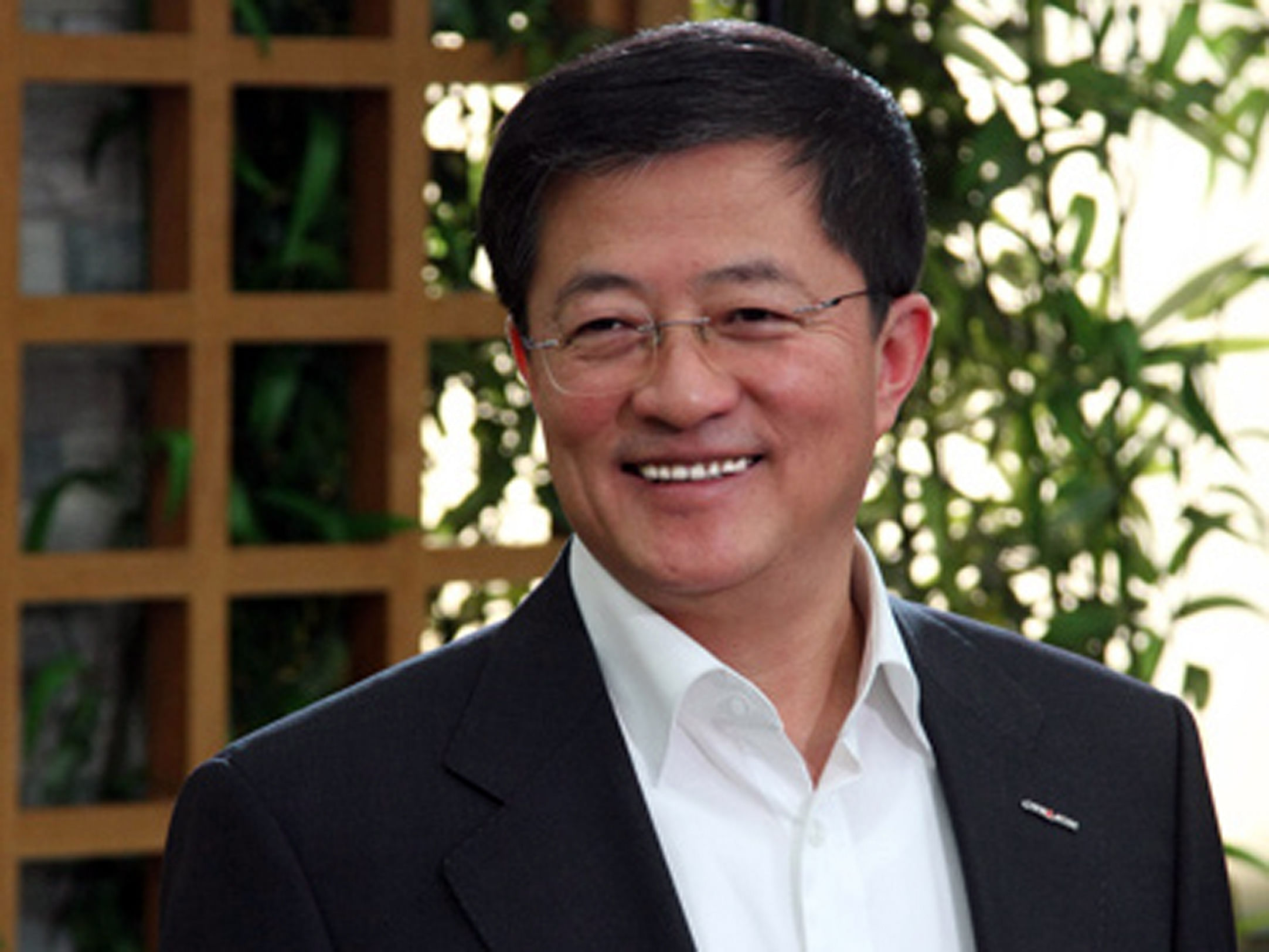
Founder of ChemChina Ren Jianxin.
PHOTO: SINA WEIBO
The legend of Mr Ren, dubbed China's Merger King, can be traced back to decades ago when he laboured in the countryside and had his willpower honed, the entrepreneur said.
"The sent-down experience has taught me how to live with disadvantages and endure hardship, and how to unswervingly pursue my goal," said Mr Ren, 58, who founded China's largest chemical group from scratch in 1994.
At 15, he was sent down to a village in north-western Gansu province where he was physically bullied by elders. But he grew up to become a leader among the youths after he learnt how to "unite the majority" from reading Mao Zedong's selected works, Mr Ren said.
Reading Mao's works has since become his biggest hobby, he told Chinese media.
"A great inspiration from reading his works is that whatever we do, we must have a clear strategy," he said. "A strategy determines the outcome of tactics and operations."
Mr Ren said he applied the strategies he had learnt in business.
In 1984, he took out a loan of 10,000 yuan (S$2,085 at the current exchange rate) to start an industrial cleaning company. The firm acquired more than 100 state companies in two decades before turning into the state-owned ChemChina empire.
But Mr Ren did not stop there. ChemChina, under his leadership, has since 2006 spent billions of dollars on overseas acquisitions in countries including France, Italy, Germany, Isreal and the United Kingdom.
The takeover in February of Syngenta, one of the world's largest pesticide agri-business companies, was worth US$43 billion (S$58 billion) cash.
"This transaction will be extremely important to China and farmers," Mr Ren said after sealing the deal. "I was sent out to work the land at only 15. I am very aware of what farmers need."
"The sent-down experience has taught me how to live with disadvantages and endure hardship, and how to unswervingly pursue my goal," said Mr Ren, 58, who founded China's largest chemical group from scratch in 1994.
At 15, he was sent down to a village in north-western Gansu province where he was physically bullied by elders. But he grew up to become a leader among the youths after he learnt how to "unite the majority" from reading Mao Zedong's selected works, Mr Ren said.
Reading Mao's works has since become his biggest hobby, he told Chinese media.
"A great inspiration from reading his works is that whatever we do, we must have a clear strategy," he said. "A strategy determines the outcome of tactics and operations."
Mr Ren said he applied the strategies he had learnt in business.
In 1984, he took out a loan of 10,000 yuan (S$2,085 at the current exchange rate) to start an industrial cleaning company. The firm acquired more than 100 state companies in two decades before turning into the state-owned ChemChina empire.
But Mr Ren did not stop there. ChemChina, under his leadership, has since 2006 spent billions of dollars on overseas acquisitions in countries including France, Italy, Germany, Isreal and the United Kingdom.
The takeover in February of Syngenta, one of the world's largest pesticide agri-business companies, was worth US$43 billion (S$58 billion) cash.
"This transaction will be extremely important to China and farmers," Mr Ren said after sealing the deal. "I was sent out to work the land at only 15. I am very aware of what farmers need."
Zhang Yimou - Internationally acclaimed filmmaker
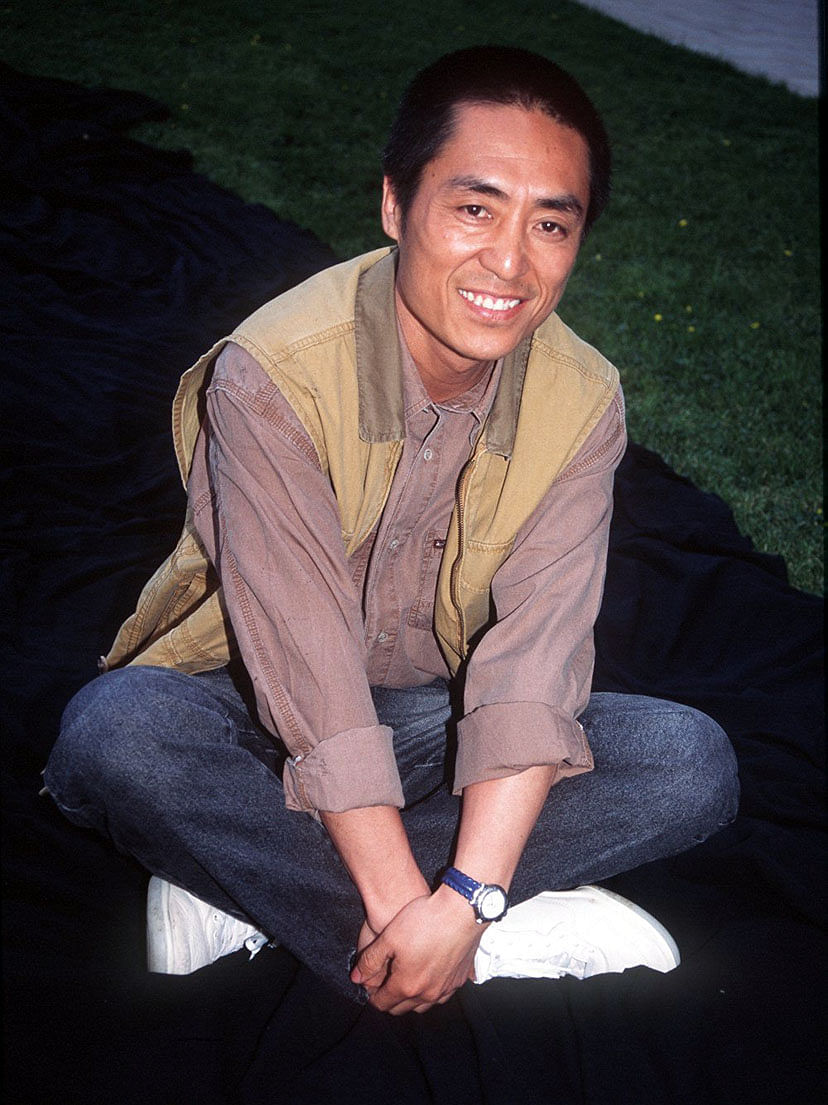
Acclaimed filmmaker Zhang Yimou.
PHOTO: HANDOUT
From being labelled "son of a dog" during the Cultural Revolution to becoming an internationally renowned filmmaker, Mr Zhang said what he had learnt in his life is how to not resign oneself to adversity.
"It's very hard for one to resist the wheels of time, but I have faith. Not many difficulties can make me feel weak," Mr Zhang, 65, told media when asked about his experience in those tumultuous years.
With his father and two uncles linked to the anti-communist Kuomintang forces, Mr Zhang lived under their political shadow from childhood. But misfortunes turned him into a boy "more serious and mature" than his peers, his biographer said.
In 1968, the then 17-year-old was sent down to Qian county in Shaanxi province where he lived for three years as a farm labourer and painter.
He painted images of Mao Zedong, which were praised by officials who transferred him to work in a cotton mill in 1971. During this time, he took up photography, a hobby that finally led him to be admitted to the Beijing Film Academy in 1978.
After graduation, his experience as a sent-down youth contributed to his convincing performance as a farmer in his film debut, Old Well, earning him a Best Actor award at the Tokyo International Film Festival.
In 1987, his rural-themed directorial debut, Red Sorghum, brought him international acclaims and awards. In the following decade, he sealed his status as one of the best Chinese directors by producing many award-winning films with rural background, including To Live - a filmed banned by China for its portrayal of political movements between the 1940s and 1970s.
"A few decades ago in China, the two characters Huo Zhe (To Live) could be found in the subconscious of all people, including me," he said when talking about the film. "Listen to the leaders, listen to the central government, and listen to Chairman Mao. There was no other thinking."
"It's very hard for one to resist the wheels of time, but I have faith. Not many difficulties can make me feel weak," Mr Zhang, 65, told media when asked about his experience in those tumultuous years.
With his father and two uncles linked to the anti-communist Kuomintang forces, Mr Zhang lived under their political shadow from childhood. But misfortunes turned him into a boy "more serious and mature" than his peers, his biographer said.
In 1968, the then 17-year-old was sent down to Qian county in Shaanxi province where he lived for three years as a farm labourer and painter.
He painted images of Mao Zedong, which were praised by officials who transferred him to work in a cotton mill in 1971. During this time, he took up photography, a hobby that finally led him to be admitted to the Beijing Film Academy in 1978.
After graduation, his experience as a sent-down youth contributed to his convincing performance as a farmer in his film debut, Old Well, earning him a Best Actor award at the Tokyo International Film Festival.
In 1987, his rural-themed directorial debut, Red Sorghum, brought him international acclaims and awards. In the following decade, he sealed his status as one of the best Chinese directors by producing many award-winning films with rural background, including To Live - a filmed banned by China for its portrayal of political movements between the 1940s and 1970s.
"A few decades ago in China, the two characters Huo Zhe (To Live) could be found in the subconscious of all people, including me," he said when talking about the film. "Listen to the leaders, listen to the central government, and listen to Chairman Mao. There was no other thinking."


